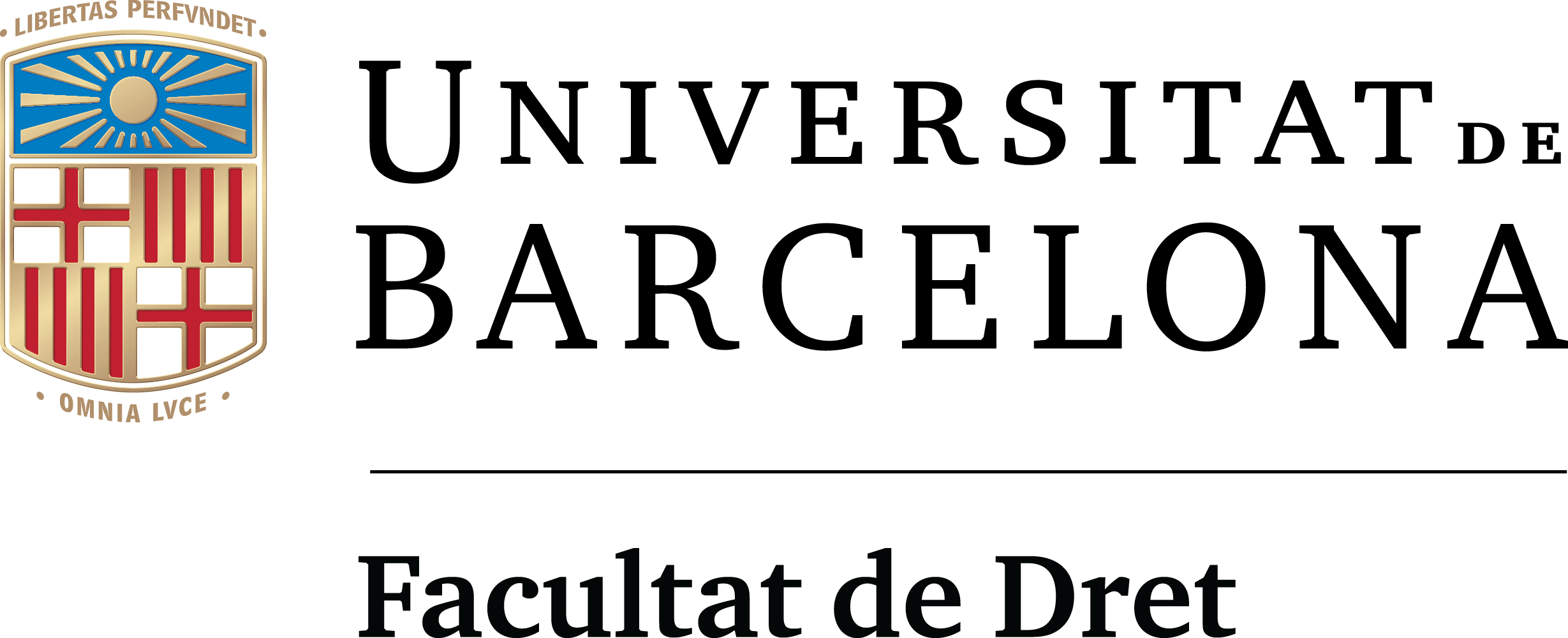Click in the different committees to read more about them.
-
United Nations General Assembly
UNGA
Study GuideRules of Procedure The United Nations General Assembly is one of the six main organs of the UN, serving as the main forum for all member states to discuss and coordinate on international issues. It is the only UN organ where all 193 member states are represented, making it a truly universal body. The General Assembly meets annually in regular sessions, convening additional special sessions as needed.
The General Assembly addresses a wide range of issues, such as peace and security, development, human rights, and international law. Its primary functions include considering and approving the UN budget, electing non-permanent members to the Security Council, appointing the Secretary-General, and providing a platform for member states to express their views on global issues. It provides a platform for discussion, negotiations, and the formulation of resolutions that guide the work of the UN and its specialized agencies.
In the General Assembly, each member state is entitled to one vote, and decisions on most issues require a two-thirds majority. However, a simple majority may decide certain procedural matters. In recent years, the United Nations General Assembly (UNGA) has become instrumental in overcoming potential P5 vetoes in the United Nations Security Council (UNSC). Confronted with issues where the interests of certain P5 members or their allies could hinder progress, the UNGA has played a crucial role in securing widespread support among member states. This has led to the successful passage of resolutions that might have faced obstacles in the UNSC, underscoring the UNGA's ability to address global concerns and promote collective action, even in the face of potential veto threats.Topics
The Democratic Republic of Congo: displaced population and human rights.
The role of children in armed conflicts.
Ana Zamarreño
Committee Director
Àxel Broch
Committee Director
Countries Free
Taken
- Afghanistan
- Armenia
- Angola
- Argentina
- Australia
- Belgium
- Burkina Faso
- Bolivia
- Brazil
- Canada
- Congo, DRC
- Côte d'Ivoire
- China
- Colombia
- Cuba
- Germany
- Egypt
- Eritrea
- Ethiopia
- France
- United Kingdom
- Equatorial Guinea
- Guyana
- Haiti
- Hungary
- Indonesia
- Israel
- India
- Iraq
- Iran
- Italy
- Japan
- Kenya
- Cambodia
- Morocco
- Mali
- Myanmar
- Mexico
- Namibia
- Nigeria
- Nicaragua
- Pakistan
- Palestine
- Russia
- Rwanda
- Saudi Arabia
- Sudan
- El Salvador
- Syria
- Tanzania
- Ukraine
- Uganda
- United States
- Venezuela
- Viet Nam
- Kosovo
- South Africa
- Zimbabwe
-
United Nations Environment Programme
UNEP
Study GuideRules of Procedure The United Nations Environment Programme (UNEP) is a specialized Agency of the United Nations that serves as the leading global authority on environmental matters. Established in 1972, UNEP's mission is to promote international cooperation and foster a cohesive response to ecological challenges. With its headquarters in Nairobi, Kenya, UNEP works towards the world's sustainable development by providing leadership and expertise on a wide range of environmental issues.
UNEP is pivotal in facilitating collaboration among nations, policymakers, scientists, and civil society to address pressing environmental concerns such as climate change, biodiversity loss, pollution, and resource depletion. Through its initiatives, research, and advocacy efforts, UNEP strives to promote sustainable practices, raise awareness, and catalyze actions that contribute to a healthier planet.
As a catalyst for positive change, UNEP engages with governments, businesses, and communities to develop innovative solutions and policies that balance economic development with environmental preservation. With a commitment to fostering a harmonious relationship between humanity and nature, UNEP stands as a vital force in the global effort to build a more resilient and sustainable future for all.Topics
The conservation of marine ecosystems: the role of new generations.
Tackling water scarcity: present and future threats.
Aina Haerringer
Committee Director
Mariona Poy
Committee Director
Countries Free
Taken
- Australia
- Bahrain
- Brazil
- Bahamas
- Canada
- China
- Colombia
- Cyprus
- Germany
- Egypt
- Spain
- Fiji
- France
- United Kingdom
- Indonesia
- India
- Jamaica
- Japan
- Kenya
- Lebanon
- Maldives
- Nigeria
- Norway
- New Zealand
- Panama
- Philippines
- Russia
- Saudi Arabia
- United States
- South Africa
-
Futuristic European Council
FuturisticEUCO
Study GuideRules of Procedure The European Council stands as a pivotal institution within the framework of the European Union (EU), playing a central role in shaping the direction and policies of the Union. Informally established in 1974 and confirmed in the 2009 Treaty of Lisbon, the European Council is a unique entity that brings together the heads of state or government of the EU member countries, along with the President of the European Council and the President of the European Commission. This high-profile gathering occurs at least four times a year, serving as a forum for strategic discussions and decision-making on crucial issues facing the European Union.
Unlike other EU institutions, the European Council does not possess legislative powers. Instead, its primary function lies in providing political impetus and setting the overall direction for the EU. The discussions held during these summit meetings delve into a wide range of topics, including economic policies, foreign affairs, security, and other pressing matters affecting the member states. Through consensus-building and diplomatic negotiations, the European Council seeks to address common challenges, foster cooperation, and enhance the unity of the EU.
In C'MUN 2024, delegates will navigate a simulated future setting, envisioning the discussions, powers, and situations that the European Council could encounter and address. The committee will delve into speculative scenarios that transcend the current geopolitical landscape, allowing participants to explore innovative solutions to emerging challenges. Delegates will grapple with issues that may reshape the dynamics of the European Union in the years to come, contemplating the evolving role of the European Council in a rapidly changing world. This forward-looking approach will encourage delegates to think critically about European integration's future, anticipate potential crises, and strategise on the Council's response mechanisms.Topics
“From supranational to supraplanetary”: the scope of European Union in the Solar System.
Regulating the use and abuse of Artificial Intelligence in the EU.
Leo Vettori
Committee Director
Arnau Peig
Committee Director
Countries Free
Taken
- Austria
- Bosnia and Herzegovina
- Belgium
- Bulgaria
- Cyprus
- Czech Republic
- Germany
- Denmark
- Estonia
- Spain
- Finland
- France
- Greece
- Croatia
- Hungary
- Ireland
- Italy
- Lithuania
- Luxembourg
- Latvia
- Moldova
- Malta
- Netherlands
- Poland
- Portugal
- Romania
- Serbia
- Sweden
- Slovenia
- Slovakia
-
Association of Southeast Asian Nations
ASEAN
Study GuideRules of Procedure The Association of Southeast Asian Nations, commonly known as ASEAN, is a regional intergovernmental organization comprising ten Southeast Asian countries. It was established on August 8, 1967, with the signing of the ASEAN Declaration. The organization aimed to foster economic cooperation, political stability, and social progress among its member states. The founding members of ASEAN include Indonesia, Malaysia, the Philippines, Singapore, and Thailand. Over the years, Brunei Darussalam, Vietnam, Laos, Myanmar, and Cambodia joined the group, expanding its influence and impact in the region.
ASEAN is characterized by its commitment to the principles of non-interference in the internal affairs of member states, consensus-based decision-making, and the promotion of regional peace and stability. The organization serves as a platform for diplomatic dialogue, economic collaboration, and cultural exchange, with the ultimate goal of enhancing the well-being of the people in the region. ASEAN has played a crucial role in facilitating economic integration, addressing security challenges, and promoting cooperation on various fronts, contributing to Southeast Asia's overall development and prosperity. As a dynamic and diverse regional bloc, ASEAN continues to evolve and adapt to the changing geopolitical landscape while maintaining its commitment to fostering unity and cooperation among its member nations.Topics
ASEAN’s Economic Community: Building Self-Sufficiency and Facing External Economic Dependence.
Political instability and its effects in sustainable development and disaster management.
Alejandra Segovia
Committee Director
Laia Marzá
Committee Director
Countries Free
Taken
- Afghanistan
- Brunei
- China
- Indonesia
- India
- Iraq
- Japan
- Cambodia
- North Korea
- South Korea
- Laos
- Sri Lanka
- Myanmar
- Malaysia
- Philippines
- Pakistan
- Saudi Arabia
- Singapore
- Thailand
- Türkiye
- Viet Nam
- Yemen
-
United Nations Security Council
UNSC
Study GuideRules of Procedure The United Nations Security Council (UNSC) is a pivotal organ within the United Nations (UN) system, serving as a central pillar in maintaining international peace and security. Established in 1945 under the UN Charter, the UNSC operates to prevent conflicts and address threats to global stability. Comprising 15 member states, including five permanent members with veto power—China, France, Russia, the United Kingdom, and the United States—the UNSC reflects the post-World War II geopolitical landscape and endeavours to foster collective security through diplomatic, economic, and, when necessary, military means. The council's multifaceted responsibilities include authorizing peacekeeping missions, imposing sanctions, and intervening in crises to uphold the principles of the UN Charter. As a dynamic forum for international discourse and decision-making, the UNSC plays a crucial role in shaping the course of global affairs and striving towards a world free from the scourge of war.
Topics
Reviewing peacekeeping missions: how can the UN promote effective peace?
The responsibility of the Security Council in sovereignty conflicts: the Kashmir dispute
Alicia Formento
Committee Director
Valentina López
Committee Director
Countries Free
Taken
- Brazil
- China
- Germany
- France
- United Kingdom
- Israel
- India
- Japan
- Mexico
- Nigeria
- Pakistan
- Palestine
- Russia
- Saudi Arabia
- Türkiye
- United States
- Holy See








